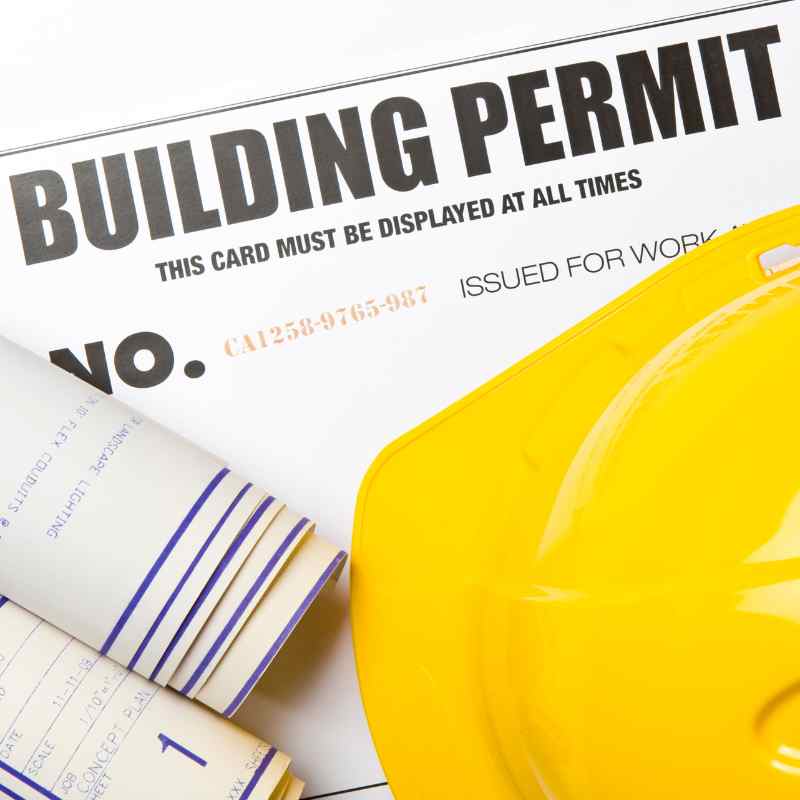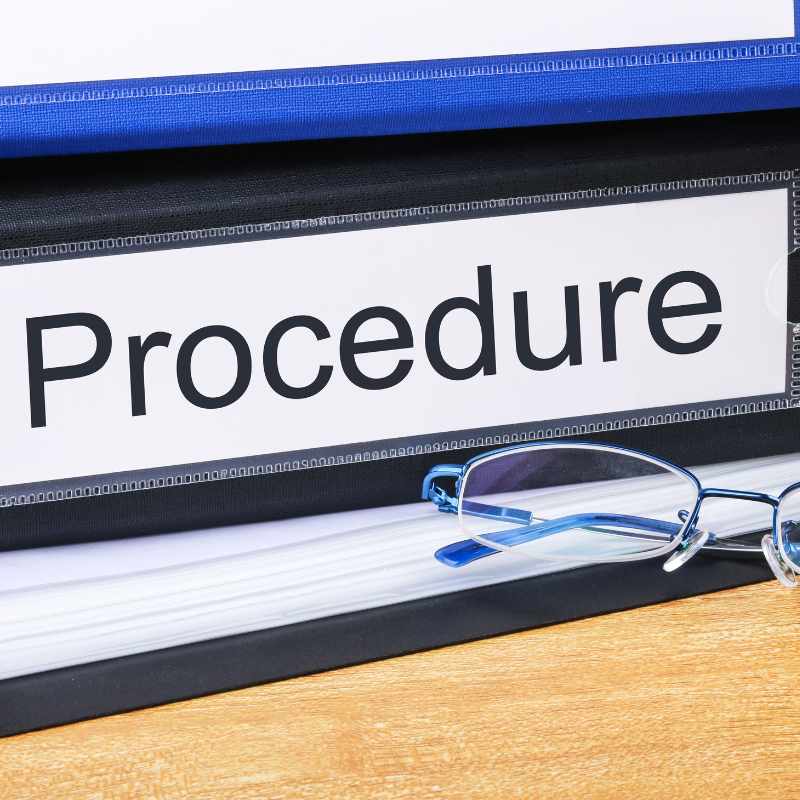My easy guide on applying for Code of Compliance Certificate
I’ll explain in detail what a Code of Compliance Certificate (CCC) is, who can apply, what the process is, what you need & what happens if you don’t get one

What is a Code of Compliance Certificate (CCC)?
A CCC is a formal statement that your build has been completed and complies with the building consent that was issued. It may also include Minor Variations and Amendments to Consent which are a part of the documentation included in the Building Consent.
Under the Building Act the consenting authority needs to make a decision, within 2 years after the issuance of the building consent, whether to issue a CCC. This is why it is important to obtain an extension to your building consent if your construction time is running past the 2 years that the building consent is issued for and it will save you considerable paperwork down the track if you stay within your time frame.
Normally a fee applies to a CCC and most Territorial Authorities will charge a base fee and processing at an hourly rate.
Can I apply for CCC myself?
Anyone can apply for a CCC for a building. However, it requires a substantial amount of paperwork with the provision of certificates for the construction from the tradespeople involved with the project, a builders Certificate of Works, a certificate from the engineer if the build involved specific engineering design, certificates for the supply of critical materials required for the structure, and copies of warranties. Providing you can obtain all the required documentation then yes, you can apply for CCC yourself.

Specifically, you will require:
- Producer Statement Construction (PS4) from experts such as engineers together with their inspection records
- Producer Statement Construction (PS3) from the contractor who made the installation such as for piling
- Plumbing and drainage certifications including pressure testing
- As-built drainage plan
- Electrical Safety Certificate
- Warranties for any specific items such as tanking, membranes and the like
- Application form
However, for most home owners it is more practical for the builder to obtain CCC. This is because the builder will need to obtain all the relevant certificates from his trades people and suppliers and normally the builder is in a better position to do this than the home owner.
I would strongly recommend that the home owner has a contract in place with their builder in the first place and that, as a part of the documentation in the Agreement, a requirement that the builder must apply for CCC within 1 month of practical completion of the building.
For more complex jobs then sometimes an engineer or architect is requested to assist with obtaining CCC.

What happens if I do not get a CCC?
If your building is a public premises then it cannot be legally occupied without a Code of Compliance Certificate, Certificate of Public Use or Code of Compliance Certificate. Further, a commercial real estate agent or on-seller cannot sell a residential unit without a CCC.
If you own a house and wish to sell it, and do not have CCC for works that were undertaken on that house, then this will make purchasers wary and will very likely result in a considerable discount expected by the purchaser.
People know what a can of worms it can be to get a CCC on sometime else’s property. Even if you are out of time most Territorial Authorities will typically still provide a CCC subject to a final inspection and adequate paperwork being supplied so as to demonstrate that the building has been constructed in accordance with the Building Consent. We assume here that no additional or unconsented work has taken place at the same time.
What happens if I do not apply for a CCC?
If there is a long delay between completion of your project and your application for CCC, then the Territorial Authority may require you to open up and/or upgrade your building where it cannot be proved that construction was in accordance with the Building Consent.
You may also have difficulty insuring your building.
Many good reasons to do it right and do it on time.

Author: Stewart Hobbs - Principal Engineer at ProConsult
Stewart is the journal editor for SESOC (Structural Engineering Society New Zealand (Inc.)


